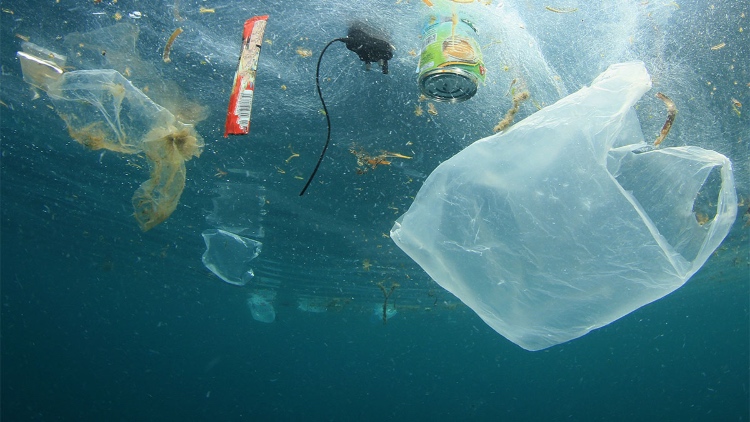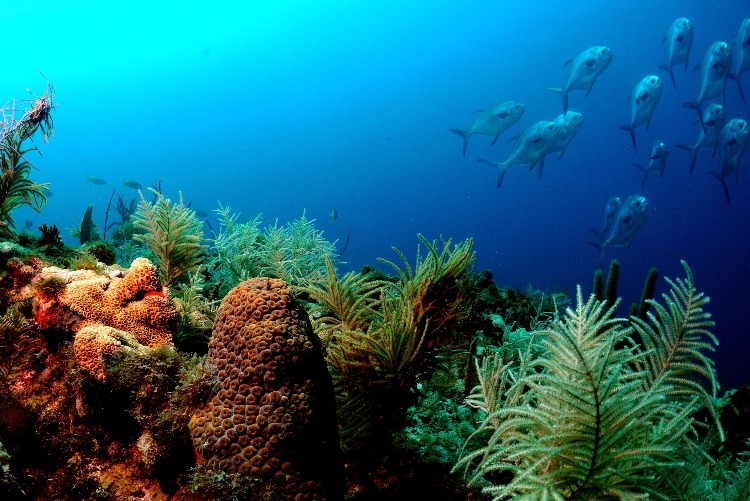The topic of sustainability is important to be in the center of our discussions and actions all year round. With the approach of Eid Al-Adha, sustainable tourism can be an effective choice to limit harm to the environment and create a culture that prioritizes sustainability inside or outside of celebration time. Sustainable tourism establishes a suitable balance between the environmental, economic and socio-cultural aspects of tourism. It plays an important role in conserving biodiversity as well. During the Eid Al-Adha holiday, a large number of people visit beaches, however many also indulge in harmful activities that threaten the marine life and ecosystem of our lovely beaches.
Harmful Chemical via sunscreen
For example, the chemicals that are usually found in sunscreen and other personal health products pose a threat to the health of coral reefs according to ABC News. Moreover, In a 2016 study, a group of international scientists from different countries discovered that a common ingredient in many sunscreen creams and cosmetics is extremely hazardous to young corals and other marine life. Over 3,500 skin care products worldwide include oxybenzone which acts as a protection against the damaging effects of the sun. This compound has been found entering the environment both through wastewater and directly from swimmers wearing sunscreens. This chemical increases susceptibility to bleaching; DNA damage, abnormal skeleton growth (via endocrine disruption); and gross deformities of baby coral.

Marine Trash
According to ecoredux, marine pollution is an issue and cause for concern that is only getting worse because most of it is caused by inland and coastal human activity. All manmade goods that wind up in coastal settings, including plastic, are considered trash. According to estimates, 80 percent of rubbish comes from land-based causes like littering, strong winds from storms, and ineffective waste management. Plastic poses a particular threat because it can take up to 450 years for it to break down.

Coral Etiquette
It is recommended to avoid bringing coral and seashells home as souvenirs. Corals have life, and many species dwell in seashells. Both are crucial in the development of stunning, sandy beaches. Additionally, as corals are delicate animals, you can only see them from a safe distance. In order to avoid damaging or even killing the corals you observe in the water, you must be careful not to touch, kick, or step on them. Corals are susceptible to becoming caught in trash like plastic bags and bottles. Additionally, marine life frequently confuses human rubbish for food, which can be highly harmful.

How can we promote sustainability?
While promoting environmentally friendly travel is important, the first step to a year-round sustainable habitat is becoming aware of one’s own environmental imprint. Sustainable practices include recycling, using a sunscreen that is safe for marine life, choosing an eco-friendly water sport, and being waste-free at the beach.
Whether its Eid Al-Adha or not, we as a society always have the option to think about sustainable practices and implement them especially at beaches where there is marine life so we can celebrate in a more greener and a moire efficient way.



